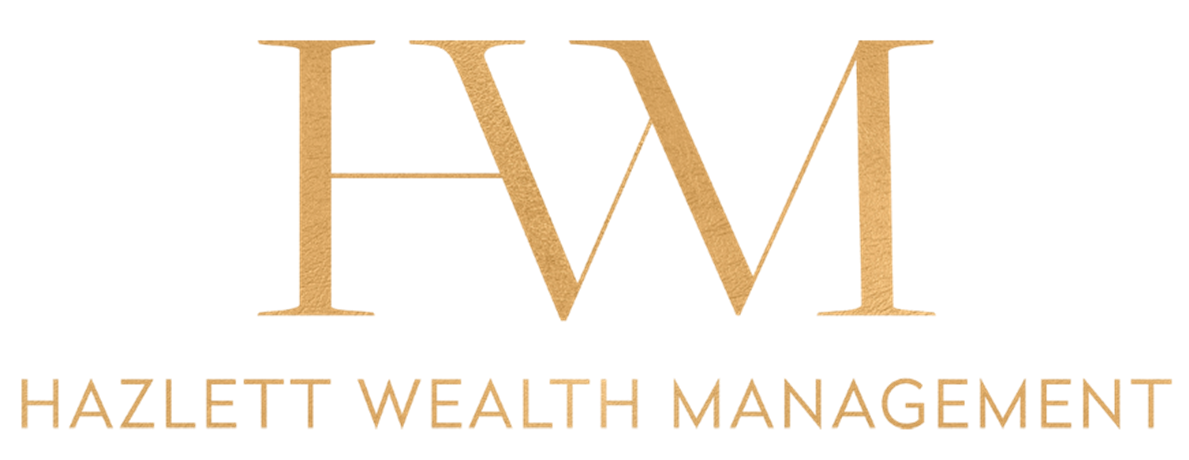why consider a roth conversion
Originally published in Wood River Weekly
Introduced under the Taxpayer Relief Act of 1997, the Roth Individual Retirement Account (IRA) is named after U.S. Senator William Roth. Roth IRA contributions are made with after-tax money and are not tax-deductible. The key benefit is earnings within the account accumulate tax-free, and qualified withdrawals after years of growth are also tax-fee. The catch is not everyone is eligible to contribute to a Roth IRA due to annual income limits.
For those holding a traditional, pre-tax retirement account, a Roth conversion moves all or a part of your traditional pre-tax IRA to a Roth IRA. The conversion is a reportable and taxable transaction, and generally, amounts converted will be subject to your ordinary income tax bracket in the year converted.
Here's why it can still make sense to convert:
Your taxable income or tax rates in the current year are lower than those expected in future years.
You want to pay taxes now so that beneficiaries can inherit from the Roth IRA tax-free if qualifications are met.
Conversion can create tax diversification in your retirement as Roth IRA distributions are generally tax-free, whereas traditional IRA distributions are taxable. Having a mix of taxable and tax-free income may allow for greater planning flexibility in future tax environments.
Roth IRAs are not subject to required minimum distributions (RMDs).
Roth IRA distributions do not affect the counted income for Social Security or Medicare.
Implementing a Roth conversion while asset values are depressed could result in a lower tax bill for the securities rolled over in a down market. Any resulting appreciation due to a market rebound will grow in the tax-free Roth IRA.
Roth IRA conversions may be done “in-kind” without selling the assets.
When implementing a Roth conversion, consider paying taxes from an outside source, allowing all of the converted funds to grow instead of taking a withdrawal from the pre-tax account to pay taxes.
For earnings to be tax-free, converted funds must be held in the Roth IRA for five years, and distributions must occur after age 59 ½ or due to death, disability, or put toward a first-time home purchase. Raymond James does not provide tax services. Please discuss these matters with your tax professional and financial advisors about whether a Roth conversion may benefit you.
DISCLOSURE Why Consider a ROTH Conversion: HAZLETT WEALTH MANAGEMENT, LLC, is independent of Raymond James and is not a registered broker/dealer. Investment advisory services are offered through Raymond James Financial Services Advisors, Inc. Securities are offered through Raymond James Financial Services, Inc., member FINRA/SIPC. 675 Sun Valley Road, Suite J1 + J2 Ketchum, Idaho 83340 208.726.0605. HazlettWealthManagement.com

